detail profile melih c3 87ardak
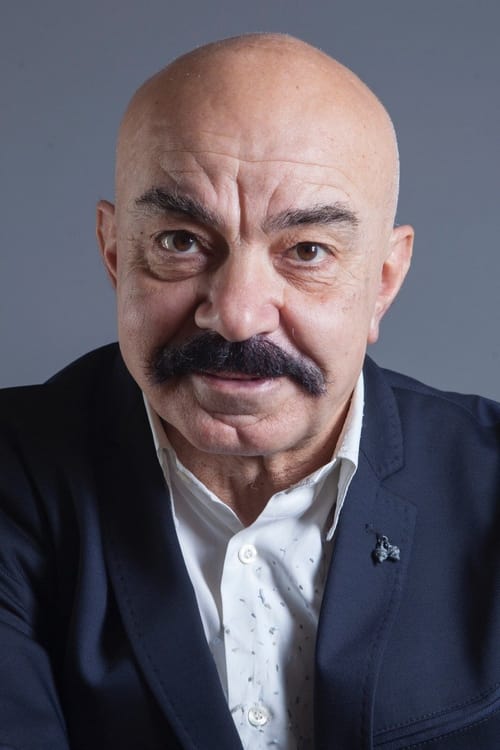
Info Pribadi
Peran Yang Di Mainkan Melih Çardak
 In Trabzon snow falls heavily like...
In Trabzon snow falls heavily like...The Life of a Snowflake 2022
In Trabzon, snow falls heavily like never before in the last days of autumn, and the roads are blocked. In this setting, two people who attend the same school but have never met have a chance encounter at a bus station, waiting for the same bus that has run late. They fall in love at first sight.
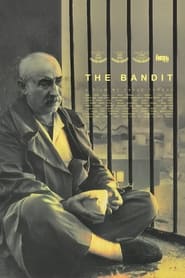 Baran the Bandit released from prison...
Baran the Bandit released from prison...The Bandit 1996
Baran the Bandit, released from prison after serving 35 years, searches for vengeance against his former best friend who betrayed him and stole his lover, teaming up with a young punk with his own demons along the way.
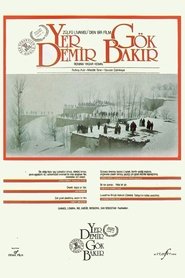 In this deeply symbolic and visually...
In this deeply symbolic and visually...Iron Earth, Copper Sky 1987
In this deeply symbolic and visually lush film, as far as Tashbash is concerned, he's just a malcontent, a fairly ordinary hell-raiser who has gotten into trouble with the law in the past. Sure, he hates the village headman who is a toady to the region's oppressive landlord, and he dislikes the fact that everyone looks to the headman for help because they have no place else to turn, but he's just an ordinary guy and has no solutions for his fellow villagers. However, after one of them has a vision in which Tashbash is shown to be a manifestation of one of their more important local saints, the villagers unite as one in seeking him out for help with the upcoming visit of the landlord to collect rents which they can't pay. Their adulation and reverence is so persistent that eventually even Tashbash becomes a believer.
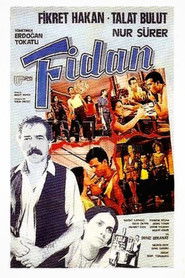 Ramazan together with his children migrate...
Ramazan together with his children migrate...Fidan 1984
Ramazan, together with his children, migrate to the big city, Istanbul in order to give them a better life. His daughter Fidan begins working as a clerk at a shop. But she could not adapt to the life of big city. She runs away with the son of the shop owner. Ramazan searches for his daughter, but the big city already has corrupted his daughter
 The happy life of newlyweds Hakan...
The happy life of newlyweds Hakan...
 A long story that started and...
A long story that started and... adventures of a problem kid
adventures of a problem kid Revenge story in Istanbul
Revenge story in Istanbul After receiving a letter from a...
After receiving a letter from a...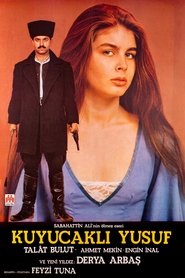 An idealist district governor Selahattin Bey...
An idealist district governor Selahattin Bey...